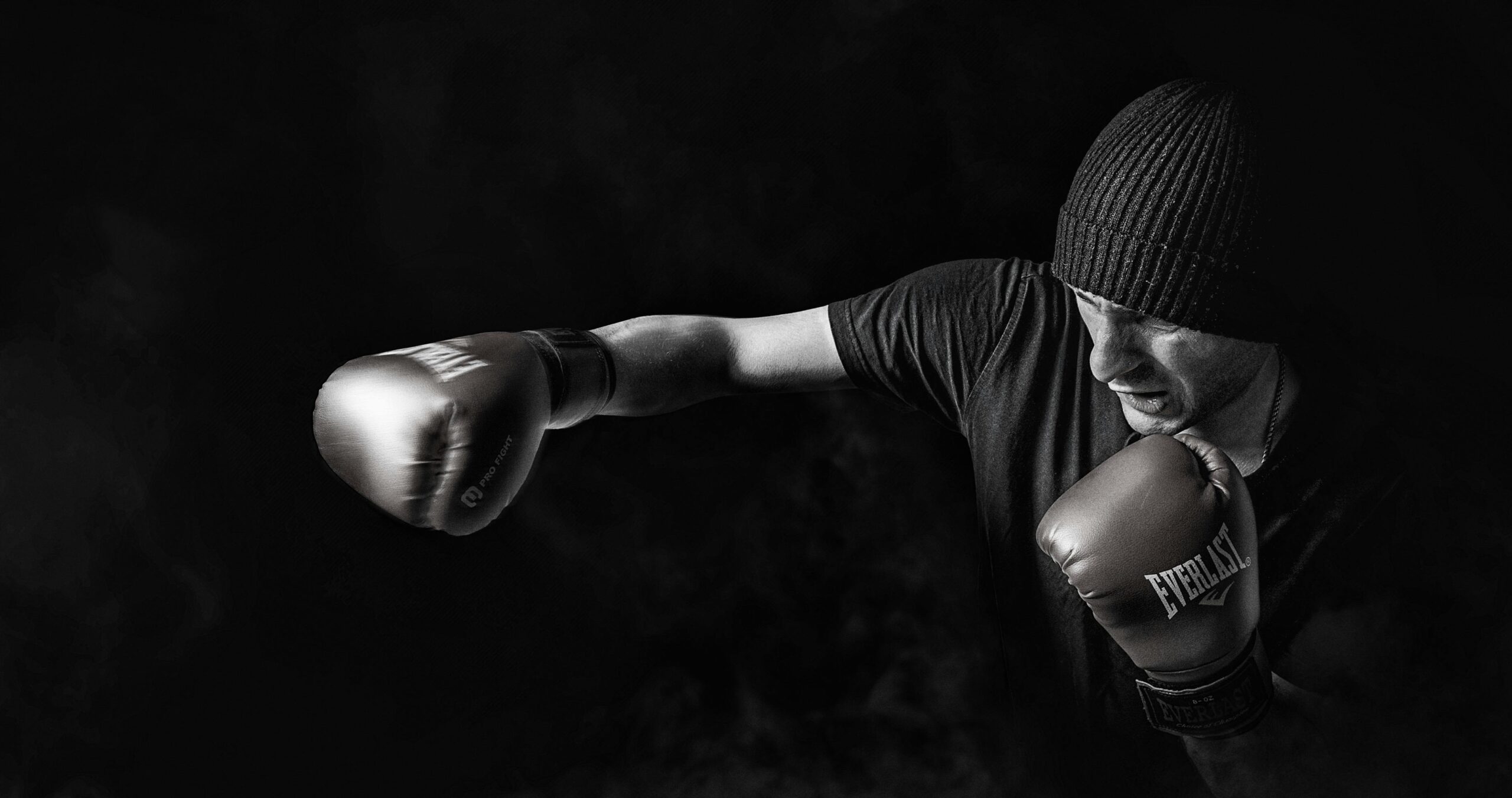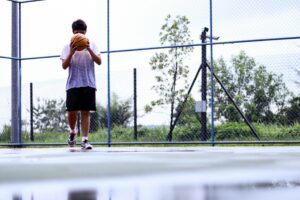Mental toughness is the psychological edge that helps athletes cope with pressure, stay confident, and maintain focus during competition. It’s the ability to stay motivated and resilient in the face of challenges. Athletes with strong mental toughness are better equipped to handle setbacks, stay motivated, and achieve their goals. At Athlete’s Untapped, we recognize that developing mental toughness is just as important as physical training. In this blog, we’ll explore what mental toughness is, why it’s important, and effective strategies to cultivate it in athletes.
The Importance of Mental Toughness
Enhanced Performance
Mentally tough athletes can perform consistently under pressure, making crucial plays and maintaining high standards even in difficult situations. This edge can be the difference between winning and losing, especially in high-stakes scenarios.
Improved Focus
The ability to concentrate on tasks and block out distractions is key to success in any sport. Mental toughness enables athletes to stay locked in on their objectives, regardless of external factors.
Increased Resilience
Mental toughness helps athletes bounce back from failures and injuries, maintaining their drive to succeed. Resilient athletes are more likely to recover from setbacks and continue striving toward their goals.
Better Stress Management
Athletes who are mentally tough can manage stress effectively, preventing burnout and maintaining their passion for the sport. This skill is crucial for sustaining long-term athletic performance and overall well-being.
Strategies to Develop Mental Toughness
Goal Setting
Why: Goal setting provides direction and motivation.
How: Encourage athletes to set both short-term and long-term goals. Break down larger goals into manageable steps and celebrate progress along the way.
Example: An athlete might set a long-term goal to make the varsity team and short-term goals to improve their sprint time and increase their lifting weights.
Visualization and Imagery
Why: Visualization helps athletes mentally prepare for competitions and improve focus.
How: Encourage athletes to visualize themselves succeeding in specific scenarios, such as scoring a goal or executing a perfect routine. Regular practice of visualization can build confidence and enhance performance.
Example: Before a game, an athlete might spend a few minutes visualizing making key plays or staying calm under pressure.
Mindfulness and Meditation
Why: Mindfulness helps athletes stay present and focused, reducing stress and improving performance.
How: Introduce mindfulness exercises such as deep breathing, progressive muscle relaxation, and meditation. Incorporate these practices into your daily routines.
Example: Athletes can practice deep breathing exercises before games or during training to center themselves and maintain focus.
Positive Self-Talk
Why: Positive self-talk can boost confidence and combat negative thoughts.
How: Teach athletes to recognize and challenge negative thoughts, replacing them with positive affirmations and constructive thoughts.
Example: Instead of thinking, “I can’t do this,” an athlete might tell themselves, “I am prepared and capable.”
Building a Support System
Why: A strong support system provides encouragement and perspective.
How: Foster a positive team environment and encourage athletes to build relationships with coaches, teammates, and family members who support their goals.
Example: Coaches can create team-building activities to strengthen bonds and support among team members.
The Role of Coaches and Parents
Encourage Open Communication
Create an environment where athletes feel comfortable discussing their fears and frustrations. Open communication helps address issues before they escalate and provides a platform for athletes to express themselves.
Model Mental Toughness
Demonstrate resilience and a positive attitude in your own actions. Athletes often learn by example, so showing how to handle adversity can be powerful.
Provide Constructive Feedback
Focus on effort and improvement rather than just results. Highlight the progress and hard work athletes put into their training.
Celebrate Effort and Progress
Recognize the dedication that athletes invest in their training, not just their successes. Celebrating effort helps build a growth mindset and encourages continuous improvement.
Mental toughness is an essential element of athletic success. By incorporating strategies such as goal-setting, visualization, positive self-talk, and mindfulness, athletes can build the resilience and focus needed to excel. At Athlete’s Untapped, we are dedicated to helping athletes develop both physically and mentally through personalized coaching and support.
For more tips and personalized training programs, check out our coaching services and discover how we can help you reach your athletic goals.




